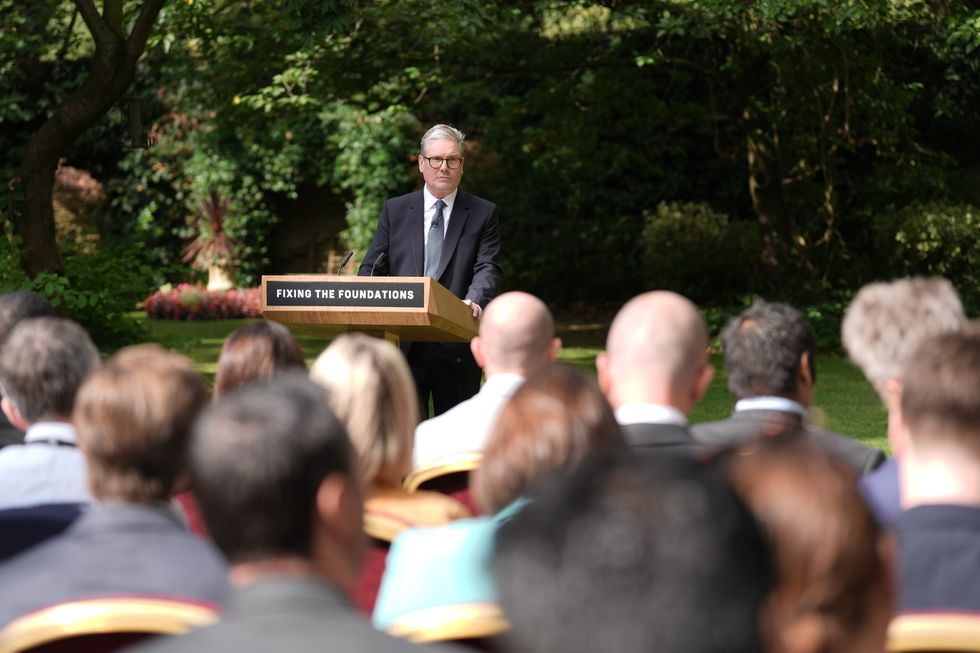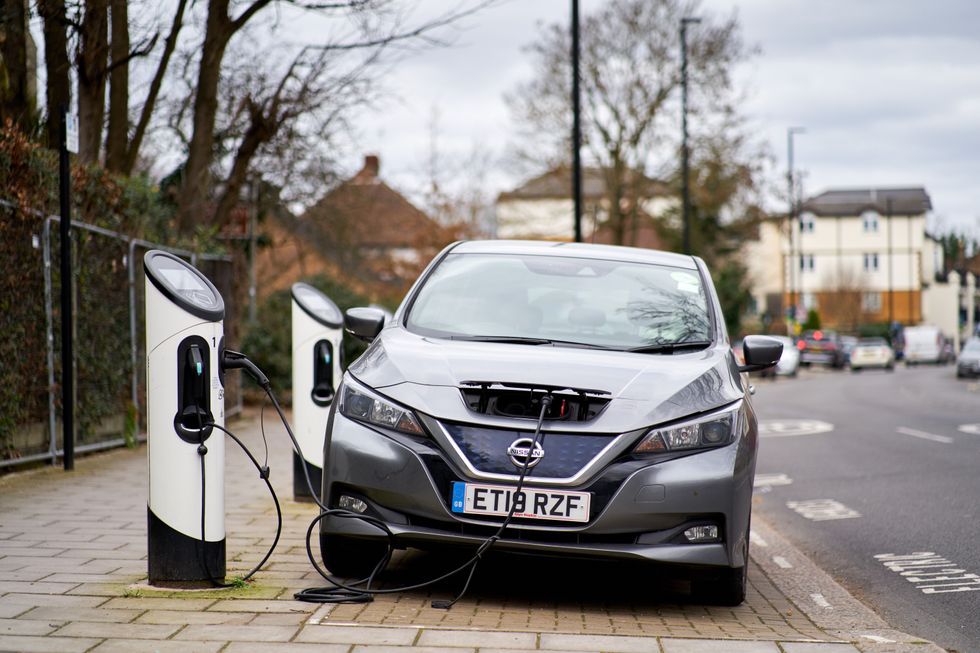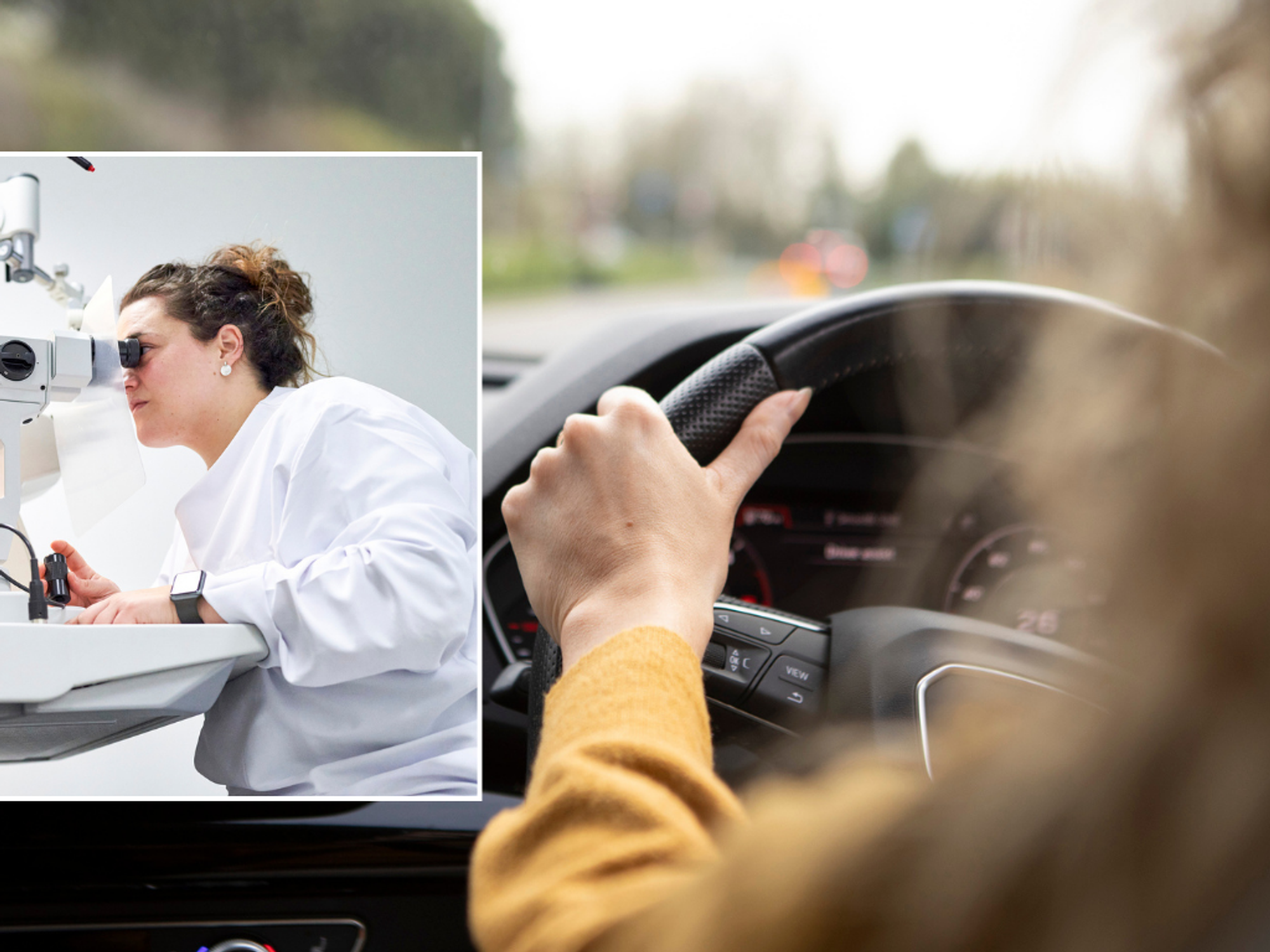Petrol car sales spike after Labour election win amid fears Starmer could ditch 2030 vehicle ban

Petrol sales have jumped since Labour won the General Election
|PA

Labour's manifesto said it would give drivers confidence to switch to electric vehicles
Don't Miss
Most Read
New data has shown a significant spike in petrol vehicle sales following Labour's General Election victory in July, despite hopes electric car sales would soar.
In the month after the election on July 4, used petrol car sales increased by 6.49 per cent compared to the previous month, with an average of 43,815 vehicles sold weekly.
This contrasts sharply with electric vehicle (EV) sales, which remained flat. Only five more EVs were sold per week in the month following the election, with figures barely changing from 3,107 to 3,112.
Hybrid vehicles also saw a boost, with a 5.43 per cent increase in sales. On average, 5,671 used hybrids were sold weekly in the month after the election, up from 5,379 before.
Do you have a story you'd like to share? Get in touch by emailing motoring@gbnews.uk

Labour pledged to reinstate the 2030 deadline to ban petrol and diesel vehicles
| PAThe surge in petrol vehicle sales may reflect consumer uncertainty about Labour's future policies on transportation and emissions, according to Marketcheck UK.
While the party has pledged support for green initiatives, specific plans remain unclear, potentially leading buyers to opt for familiar petrol models.
Economic factors could also play a role, with petrol cars often being more affordable than their electric counterparts, especially during the ongoing cost of living crisis.
Alastair Campbell, from Marketcheck UK, said the figures were "perhaps surprising", adding that electric car sales could be impacted by Labour's inaction.
He added: "The reasons why are up for interpretation - but considering Labour’s vocal support for a 2030 petrol ban, although now softening, this may highlight that used car buyers were spooked into making a purchase immediately following Labour’s election win.”
“On the other hand, Labour’s strong support for the electrification of the car market might suggest a boost in the sale of electric vehicles, which did not come to fruition.”
According to the Society of Motor Manufacturers and Traders (SMMT), August saw a slight decline of 1.3 per cent in overall new car sales compared to the previous year.
Petrol and diesel vehicles still represented over half of all new car sales, despite declines of 10.1 per cent and 7.3 per cent respectively.
Battery electric vehicle (BEV) registrations rose by 10.8 per cent, reaching a market share of 22.6 per cent in August - the highest since December 2022.
The SMMT has called on the Government to act urgently to boost EV adoption, with Mike Hawes, chief executive of the organisation, backing these calls.
He added: "August's EV growth is welcome, but it's always a very low volume month and so subject to distortions ahead of September's number plate change.
"Encouraging a mass market shift to EVs remains a challenge, however, and urgent action must be taken to help buyers overcome affordability issues and concerns about chargepoint provision."
LATEST DEVELOPMENTS:

Labour could still backtrack on its aim to ban the sale of all ICE cars and vans by 2030
| PASpeaking previously to GB News, a Government spokesperson said: “We’re committed to delivering greener transport by supporting the transition to electric vehicles.
“We will provide certainty to manufacturers by restoring the 2030 phase-out date for new petrol and diesel cars, and are committed to accelerating the rollout of electric vehicle charging infrastructure. We will set out further details due course.”










